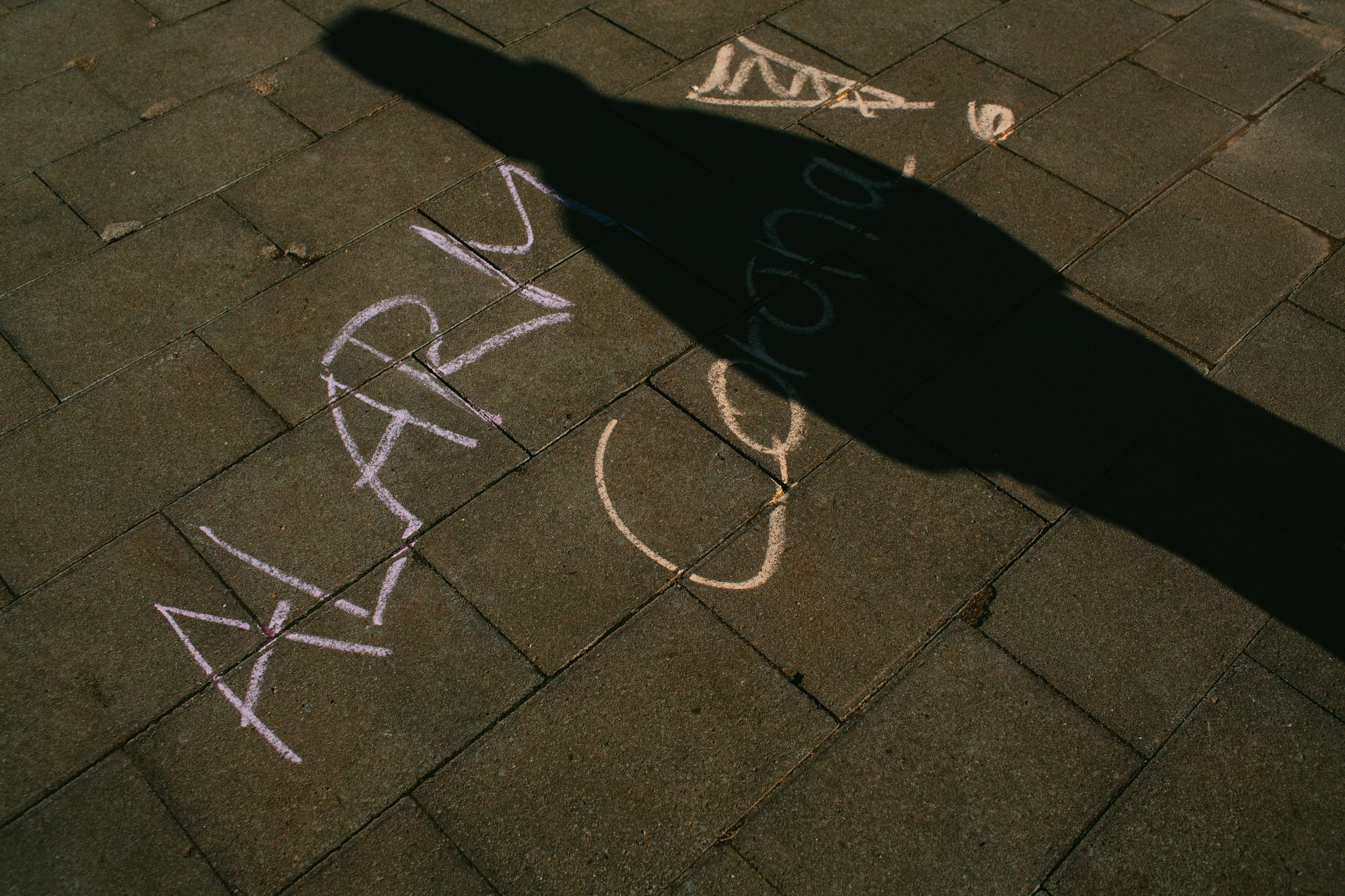Understanding the Nuanced World of Human Rights Litigation
When we talk about human rights, we often think of grand declarations and lofty ideals. However, the realization and protection of human rights often involve complex legal processes. This is where human rights litigation comes in. It is a crucial mechanism for ensuring that the rights of individuals and groups are upheld and enforced. But what exactly does it entail? In this article, we will delve into the nuanced world of human rights litigation, exploring its various dimensions, challenges, and significance in promoting and protecting human rights.
The Basics of Human Rights Litigation
Before we dive into the intricacies of human rights litigation, let us first understand what it means. Human rights litigation refers to the legal action taken to seek redress for human rights violations. This can involve filing lawsuits, submitting complaints to international courts or tribunals, or initiating legal proceedings against perpetrators of human rights abuses. Often, human rights litigation is carried out by individuals or groups who have been directly affected by human rights violations, such as victims of discrimination, torture, or unlawful detention.
The Role of Human Rights Lawyers
At the forefront of human rights litigation are human rights lawyers. These legal professionals play a critical role in advocating for human rights and seeking justice for victims of human rights violations. They are responsible for advising clients on their legal rights, gathering evidence, drafting legal documents, and representing clients in court. Human rights lawyers often work on a pro bono basis, acknowledging that access to justice should not depend on one’s financial resources.
Challenges Faced by Human Rights Lawyers
Despite their crucial role in promoting and protecting human rights, human rights lawyers face many challenges in their work. One of the most significant challenges is the lack of support and protection from governments, as they often represent individuals or groups against state authorities. This makes them vulnerable to intimidation, harassment, and even violence. Moreover, in many countries, human rights lawyers are subjected to restrictive laws and policies that hinder their work and limit their effectiveness.
The Importance of Human Rights Litigation
Human rights litigation is essential for several reasons. Firstly, it provides a mechanism for victims of human rights abuses to seek justice and receive compensation for the harms they have suffered. This is crucial for individuals who have been disenfranchised, marginalized, or discriminated against. Secondly, human rights litigation serves as a deterrent to potential perpetrators, sending a message that human rights violations will not go unpunished. Lastly, it contributes to the development of human rights law and jurisprudence, influencing future cases and shaping national and international legal frameworks.
The Intersection of Human Rights Litigation and Advocacy
In addition to seeking redress for human rights violations, human rights litigation plays a significant role in advocacy efforts. By bringing human rights issues to the forefront of legal discourse and public consciousness, it raises awareness and mobilizes support for human rights causes. Moreover, human rights litigation can result in legal precedents and judicial decisions that set standards for the protection of human rights, leading to systemic change.
The Limitations of Human Rights Litigation
While human rights litigation is a powerful tool for promoting and protecting human rights, it also has its limitations. For example, legal processes can be lengthy and costly, making it an inaccessible option for many individuals and groups. Additionally, the outcomes of human rights litigation may not always align with the desired results. In some cases, perpetrators of human rights violations may go unpunished, or victims may not receive adequate compensation. Despite these limitations, human rights litigation remains a vital means for seeking justice and advancing human rights.
Conclusion
The world of human rights litigation is a complex and multifaceted one. It involves various actors, processes, and challenges, yet it remains a critical mechanism for promoting and protecting human rights. Through the efforts of human rights lawyers, victims of human rights abuses can seek justice and receive redress. Moreover, human rights litigation plays a vital role in advocacy efforts and contributes to shaping legal frameworks for the protection of human rights. As we continue to strive towards a world where human rights are respected and upheld, human rights litigation will undoubtedly play a crucial role in this pursuit.











